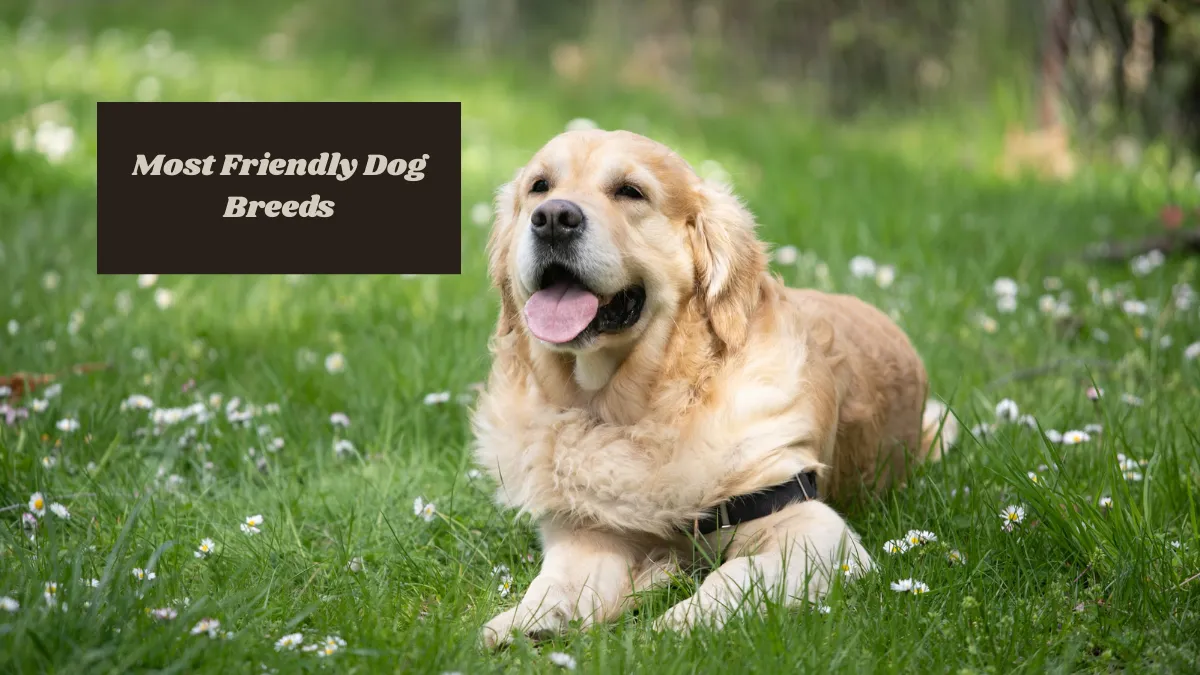When it comes to choosing a dog, loyalty is often one of the most sought-after traits by pet owners. Dogs are known as “man’s best friend” because of their devotion and companionship. However, not all dog breeds exhibit the same level of loyalty. Some breeds have personalities that prioritize independence and freedom over constant attachment to their owners.
These dogs may seem less loyal, but their behavior often reflects a natural instinct to explore, think for themselves, or maintain personal space. In this article, we’ll explore seven dog breeds known for valuing their freedom more than unwavering devotion, helping you understand their unique temperaments better.
1. Afghan Hound
The Afghan Hound is a breed famous for its elegance and long flowing coat, but it is also known for being quite independent. Unlike many other dogs that crave constant attention, Afghan Hounds tend to be aloof and sometimes distant from their owners. They have a strong hunting background, which means they have a natural instinct to roam and explore.
This breed enjoys freedom and is not overly concerned with pleasing their humans. Their loyalty is not like that of more eager-to-please breeds, and they may prefer to spend time alone or engage in solitary activities. Afghan Hounds require patient owners who appreciate their unique personality and respect their need for space.
2. Basenji
The Basenji is often described as the “barkless dog” due to its unique vocalizations, but their independent streak is what truly sets them apart. These dogs were originally bred for hunting in Central Africa and have retained a strong sense of self-reliance. Basenjis do not easily submit to training or commands and are known for their stubbornness.
They are more likely to follow their own instincts than stick by their owner’s side at all times. This breed values freedom and may escape enclosures or ignore calls to satisfy their curiosity. Owning a Basenji requires a firm but gentle hand and an understanding that their loyalty might not look like the traditional devoted companion.
3. Chow Chow
Chow Chows are distinctive for their lion-like mane and reserved nature. They are often independent dogs who do not seek out constant human interaction or affection. Their loyalty tends to be selective, often reserved for a few close family members rather than extended social circles. Chow Chows can be quite stubborn and may challenge authority if not properly trained from an early age.
They value their personal space and prefer a quiet, calm environment where they can feel secure. Because of their dignified and sometimes aloof demeanor, Chow Chows may give the impression of being less loyal or attached compared to more openly affectionate breeds.
4. Borzoi
The Borzoi, also known as the Russian Wolfhound, is a graceful and aristocratic breed with a strong hunting instinct. This breed has a reputation for being independent and free-spirited. Borzois often prefer to roam and explore rather than cling to their owners. Their loyalty is quiet and understated; they are not typically the type to follow their owner around or demand attention.
Instead, they show devotion through calm companionship and occasional displays of affection. Due to their hunting background, Borzois need ample exercise and opportunities to run freely, which suits their natural desire for freedom over constant closeness.
5. Scottish Terrier
Scottish Terriers, or Scotties, are known for their confident and bold personality. While they can be affectionate with their families, Scotties are also fiercely independent dogs. They often have a mind of their own and can be stubborn, making training a challenge for some owners. Scottish Terriers value their autonomy and do not always respond well to being overly controlled or restricted.
They enjoy exploring and may prefer spending time on their own terms rather than being constantly by their owner’s side. This breed’s loyalty manifests more in their protective instincts than in overt displays of affection or constant companionship.
6. Akita
The Akita is a powerful and dignified breed with a reputation for being independent and sometimes aloof. Originating in Japan, Akitas are known for their strong-willed nature and a deep sense of territoriality. They do form strong bonds with their immediate family but can be indifferent or wary of strangers. This breed values its freedom to an extent, often showing a proud and self-sufficient attitude.
Akitas may not constantly seek affection or approval, which can make them appear less loyal in the traditional sense. Their loyalty is strong but more reserved and selective, making them better suited for experienced dog owners who understand their complex nature.
7. Afghan Hound
The Afghan Hound’s beauty and grace are matched by a temperament that prizes freedom above all else. Their history as hunting dogs in harsh environments shaped a breed that values independence and self-direction. Afghan Hounds may not respond as eagerly to commands or look to their owners for reassurance like other dogs.
Their aloofness can sometimes be mistaken for a lack of loyalty, but it is more accurately a preference for autonomy and a calm environment. Owners of Afghan Hounds must respect their dog’s nature, providing freedom to roam safely and recognizing that their bond is built on mutual respect rather than constant attention.
Last Thought
While these seven dog breeds might be labeled as “least loyal” by some, it’s important to understand that loyalty comes in many forms. For dogs that value freedom and independence, loyalty might look like respect for their space, trust in their judgment, or quiet companionship rather than constant closeness.
Choosing a dog that fits your lifestyle means understanding these unique temperaments and appreciating the special ways these dogs show their devotion. Whether you want a dog who sticks by your side or one who prefers to wander and explore, the key is building a relationship based on understanding and respect for your furry friend’s nature.




